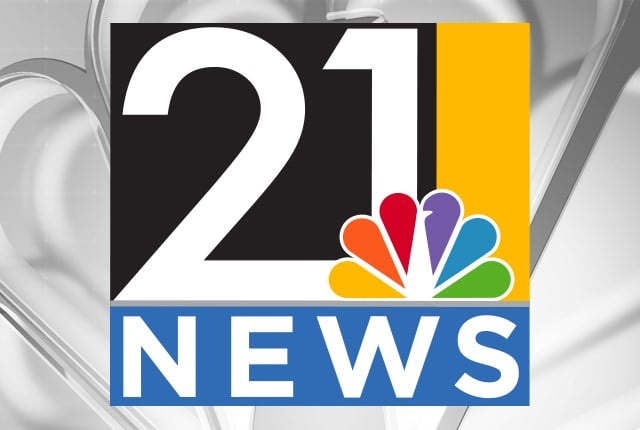IRS plans 'Where's my stimulus payment' site, Americans warned of scams

WASHINGTON - As the IRS prepares to roll out a website allowing Americans to track their Economic Stimulus payments, the Justice Department is again warning that scammers may be trying to steal from people anxious to get those payments.
The Treasury Department and the Internal Revenue Service announced this week that COVID-19 economic impact payments will begin in the next three weeks.
The IRS this week is expected to establish a link that will let people find the status of those payments directly deposited into their bank accounts. Paper checks have not yet been sent to those who haven’t registered with the IRS for direct deposit.
When the web link becomes live, you will find it on the link below:
Meanwhile, U.S. Attorney Justin Herdman is warning people to be alert for possible scams related to the payments made during the COVID-19 pandemic.
“Everyone should expect that scammers will try to take advantage of this crisis and the upcoming economic impact payments,” said Herdman. “They will try to find a way to get recipients to divulge personal information such as a Social Security number or bank account information.”
Alternatively, fraudsters may try to pressure recipients into making phony payments or otherwise relinquishing funds.
Herdman offers the following information and tips to spot a scam and understand how the COVID-19 related economic impact payments will be issued.
The IRS will deposit your check into the direct deposit account you previously provided on your tax return (or, in the alternative, send you a paper check).
The IRS will not call and ask you to verify your payment details. Do not give out your bank account, debit account, or PayPal account information - even if someone claims it's necessary to get your check. It's a scam.
If you receive a call, don't engage with scammers or thieves, even if you want to tell them that you know it's a scam, or you think that you can beat them. Just hang up.
If you receive texts or emails claiming that you can get your money faster by sending personal information or clicking on links, delete them. Don't click on any links in those emails.
Be on the look-out for bogus checks. If you receive a “check” in the mail now, it’s a fraud - it will take the Treasury a few weeks to mail those out. If you receive a “check” for an odd amount (especially one with cents), or a check that requires that you verify the check online or by calling a number, it’s a fraud.
Scammers will often attempt to trick you into signing over your stimulus check or pressure you into “verify” your filing information in order to receive your money. They will then use your personal information at a later date to file false tax returns.
Report fraud related to the COVID-19 crisis to the National Center for Disaster Fraud (NCDF) hotline at 1-866-720-5721 or email tips to the United States Attorney’s Office at USAOHN.COVID19@usdoj.gov
For more information, visit the IRS website at www.irs.gov/coronavirus




